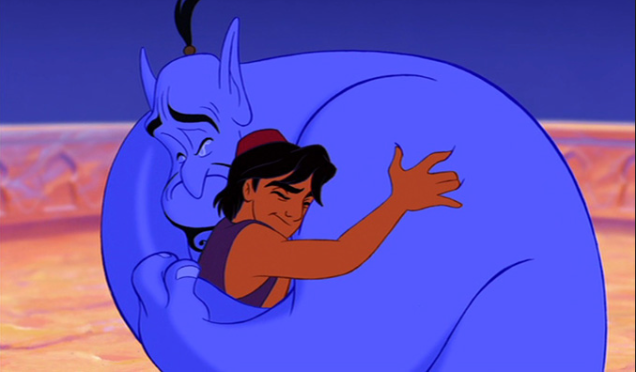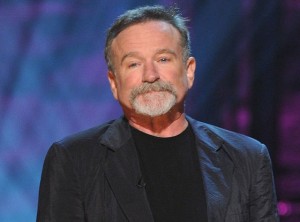Disclaimer:
The information presented in this website and the comments from Dr. Hughes are not intended to diagnose, treat, cure, or prevent any disease or psychological disorder. The information presented is not a substitute for medical, psychological or psychiatric treatment. You are advised to seek professional medical and psychological help as necessary.
In light of what happened to Robin Williams, are celebrities and creative types more susceptible when it comes to mental illness? Are their brains wired differently?
Although the perfection is that celebrities are wildly creative, artistic, or brilliant people are more prone to mental illness; this is in fact not true. Yes, artists and actors can suffer from debilitating depression or anxiety, but the rate of illness isn’t more than among non-celebrities.
So why do we tend to think otherwise? Publicity. We hear, often in great detail, about the mental health of those in the public eye. The prevalence of what the media adds to our perceptions. In addition, many celebrities do have a particular character style that has them interested in taking advantage of situations where they get attention. What I mean by this is that many celebrities are not private about their lives (which is nearly an impossible task anyway) so they are more open about any mental health struggles.
In light of the heartbreaking suicide of Robin Williams, there are a few things to note. One is that Robin was an unparalleled master of comedy and theatrics. His personality has affected many lives and each of us who admired him have been made better by his existence. I say these things to show that mental illness/ suicide should not be the defining variable for him, or anyone else.
Second, Robin did struggle with addictions and a mood disorder. Both can permanently alter brain chemistry and make aspects of life difficult. I applaud Robin for his recovery efforts, which he took very seriously. Third, it needs to be mentioned that he recently obtained a diagnosis of Parkinson’s Disease. This is a devastating degenerative illness with no cure. The deterioration process is noticeable and frustrating. Many people who have Parkinson’s also have a diagnosis of major depression. Medications for this disease can cause thought disorders and compulsive behaviors. Certainly this diagnosis factored into his decision to end his life.
A word on suicide: it is a very personal decision that, at the time, seems like the best (or only) option for the person. Suicide takes planning and effort. People who choose suicide typically believe they are doing not only what’s best for themselves, but for others as well. Of course I did not know Robin but it is possible that he felt like ending his life would save his family from years of care taking as well as preserve the memory of his life. No one will see Robin at his most vulnerable.
Perhaps this was part of the plan. My final thought: mental illness, depression, suicide, cognitive disorders and the like are not exclusive to any segment of the population. We should all be vigilant for symptoms of trouble. The good news is that mental disorders which may lead to suicide are treatable. For Robin, we no longer have the chance to enjoy all that he had to offer. For others, celebrities or not, it is always worth intervening. Suicide solution to a treatable condition.
Dr. Carsi Hughes received her Ph.D. in clinical psychology from Northwestern University Medical School. She is a licensed clinical psychologist who specializes in adult psychopathology, clinical neuropsychology, and psychoanalytic psychotherapy. Academic appointments include Associate Clinical Professor of Psychology and Post Baccalaureate Pre-Medical Studies at Dominican University.






{ 0 comments… add one now }